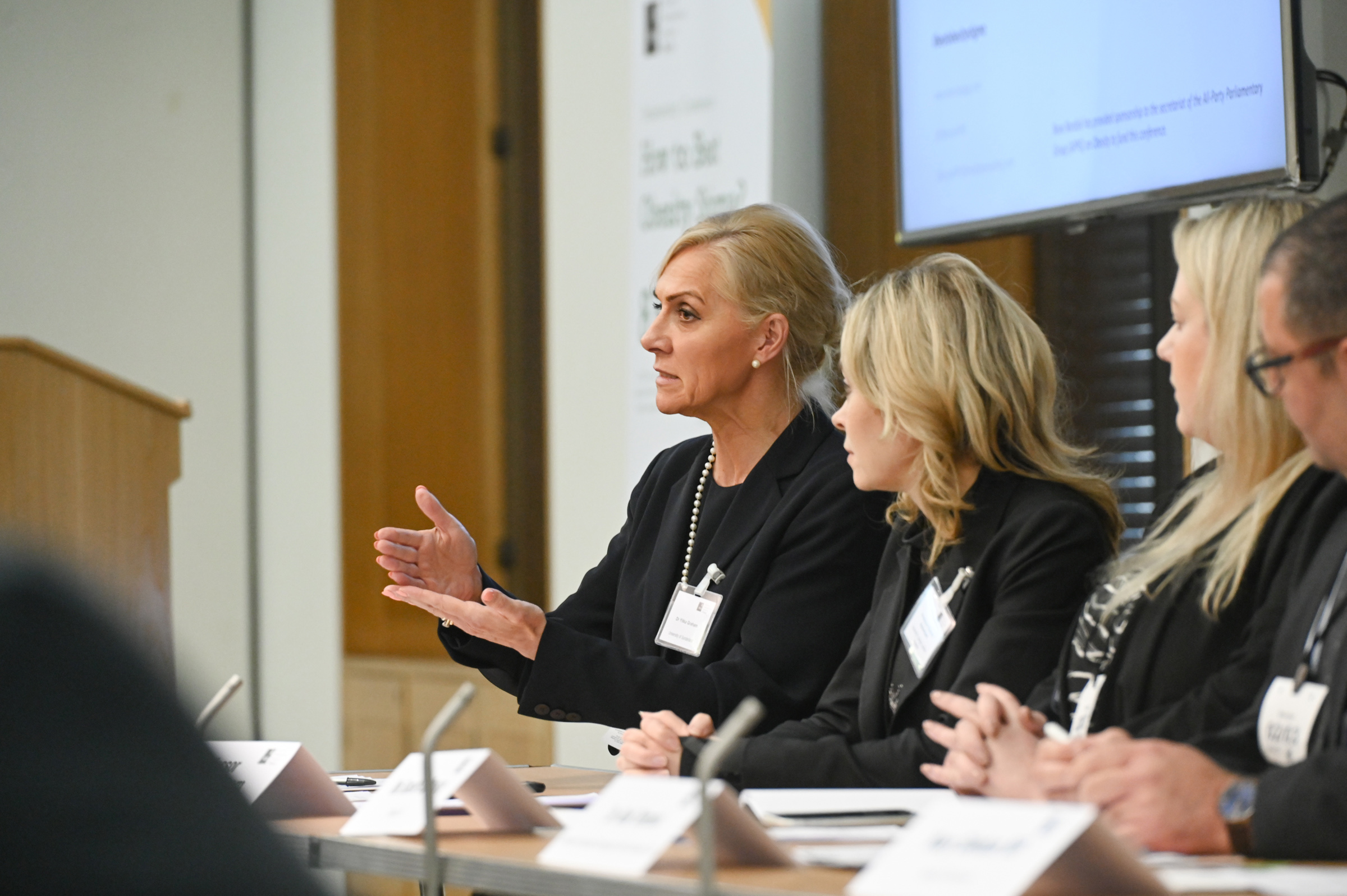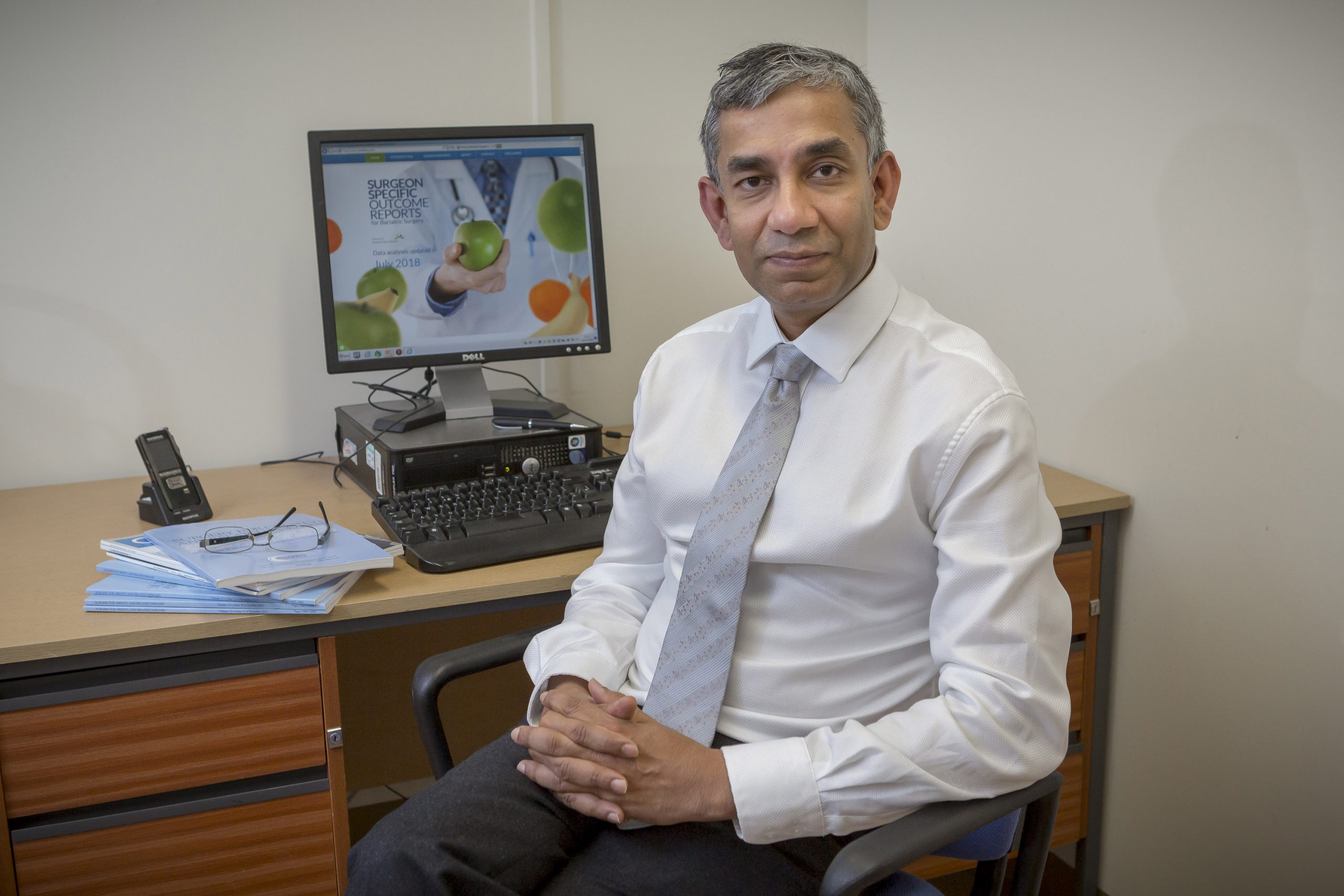Bariatric specialists at a Sunderland research centre have welcomed national calls for a more robust approach to tackling obesity
Data suggests that obese people develop more severe Covid-19 symptoms, coupled with a higher death rate. There are now calls for an increase in bariatric surgery to avoid unnecessary suffering, save lives, develop a healthier population and protect the NHS.
The Helen McArdle Nursing and Care Research Institute (HMNCRI), which sits within the University of Sunderland’s School of Nursing and Health Sciences, focuses on research in areas including bariatric surgical care. Academics there, who are part of the British Obesity and Metabolic Surgery Society (BOMSS) have supported a letter to the Prime Minister this week, asking for urgent action by the NHS to rapidly introduce effective treatment for severe obesity.
The Prime Minister has announced plans to launch an anti-obesity strategy after believing his weight was partly the reason he ended up in intensive care with coronavirus.
BOMSS National Research Lead, Dr Yitka Graham, is Head of the HMNCRI, an Associate Professor in Health Services Research, and is part of the All-Party Parliamentary Group on Obesity Stigma. She has carried out extensive research into bariatric and metabolic surgery for adult obesity, holding a research post in one of the UK’s leading Bariatric Surgical Unit at South Tyneside and Sunderland NHS Foundation Trust for the last eight years.


She explained: “The decision to have weight-loss surgery is not an easy one to make, and usually follows when other methods of weight-loss have been attempted but have not achieved significant weight-loss.
“Bariatric surgery is an intervention that requires life-long changes which impact all aspects of peoples’ lives. It is not a ‘quick fix’ and many people are judged for taking what is wrongly seen as an ‘easy way’ of weight loss, which is simply not true. It requires strength and life-long commitment. In this current pandemic, bariatric surgery is a weight-loss option which has potential to save lives in more ways than one. It’s more important than ever to support people living with obesity.”
According to BOMSS, bariatric surgery produces beneficial improvements in type 2 diabetes within days of surgery, significant weight loss within 12 weeks and ongoing continued health improvements including remission of type 2 diabetes in 70% of patients, reduction in the number of heart attacks and strokes and increased life expectancy.
Mr Kamal Mahawar, Chair of the Patient Safety Committee for BOMSS and a Consultant Bariatric Surgeon at Sunderland Royal Hospital, said: “Bariatric surgery has been postponed across the world as a result of Covid-19. We need to look at how we can safely restart this surgery in the UK. With an in-hospital mortality rate of 0.1% in the UK, bariatric surgery is one of the safest surgical interventions known to mankind. It reduces mortality, cancer risks and improves a number of other health conditions related to obesity such as type 2 diabetes and high blood pressure. It is also cost effective and generally pays back for itself in the first few years owing to improved health status.”


Sarah Le Brocq, Director of Obesity UK, said: “People living with obesity are faced with stigma and discrimination on a daily basis. Society doesn’t understand the complexities of obesity and are told the solution is ‘eat less, move more’. This is absolutely not the case, there are over 100 factors that contribute to why someone lives with obesity (Foresight Report 2007). Bariatric surgery is a tool that can help people manage their weight, but it still requires life-long changes and is absolutely not a ‘quick fix’.
“Obesity UK hope the Government will increase access to weight management services in the UK, so people living with obesity can get equitable access to support.”
David Kerrigan, President of BOMSS, said: “Bariatric surgery is recognised by NICE as a cost-effective healthcare intervention and offers strong and sustained weight loss and improvement of obesity-related diseases. It should not be perceived as a ‘quick fix’ in terms of an easy solution for people living with obesity, but in terms of having potential to provide an intervention which is by far the most effective treatment for obesity that we have in the fight against the suffering and death being wreaked by Covid-19.”
In his letter to the Prime Minister, David said: “We would welcome your support in pushing for prioritisation of effective NICE-approved treatments for obesity and in particular bariatric surgery during the forthcoming NHS restart, along with rapid expansion of the number of procedures commissioned. BOMSS believes that as a minimum the UK should be carrying out 20,000 bariatric procedures per annum and that we have the manpower and infrastructure to deliver this.”
He added: “We would be delighted to assist you in any way to secure your goal of improving the health of the British people afflicted by the dual modern curses of obesity and Covid-19.”
The Prime Minister reportedly weighed 17½st when he was taken to hospital with coronavirus last month. At 5ft 9in tall, this would mean his Body Mass Index (BMI) was 36, which is in the obese range.
Under his plan, the Government will invest in “preventative and personalised solutions” to help people lose weight and live more active lives.
















